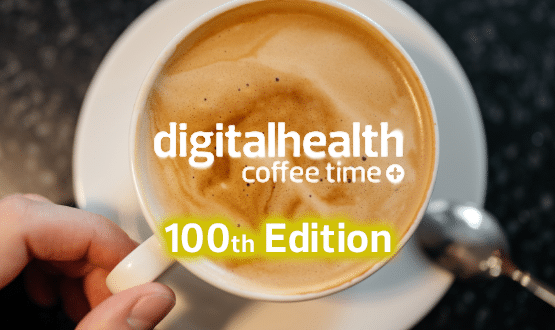Internet Will Empower Service Users
- 12 March 2002
The 21st century will be the age of the net empowered medical end user and the patient-driven online support networks of today will evolve into more robust and capable medical guidance systems that will allow end users to direct and control an ever growing portion of their own medical care, an editorial in the British Medical Journal argues.
Tom Ferguson, senior research fellow at the Online Health, Pew Internet and American Life Project, continues, “Doctors who continue to believe that their patients are inherently incapable of navigating the plentiful health resources of the internet will find their net savvy patients leaving them for other doctors. By contrast, those wise and caring doctors who realise that we may have just as much to learn from our patients as they have from us should do very well indeed.”
The article is one of a large collection of papers and editorials in the 9 March issue of the BMJ analysing the quality of consumer information on the Internet.
The papers include a review of progress in the accuracy of website information first examined in 1997, an analysis of the quality of content in breast cancer sites, a study of the techniques used by consumers to look up health information and an examination of the instruments used to rate the quality of information on the Internet.
Most are critical of much of the content found on the Internet, though find some improvements. The proliferation of instruments being invented to assess the quality of internet information is viewed sceptically.
Summarising the material presented, another editorial says, “In the final analysis…quality, like beauty, is in the eye of the beholder, and it is users’ views we should be seeking. Many rating systems use surrogates for quality that do not identify sites that meet the needs of users. …Ultimately, it seems likely that the market will decide. “
An Editor’s Choice comment on the material casts doubts on the benefits of defining and assessing the quality of Internet health material.
“New evidence presented in this issue shows that few of the quality scores have been validated and that sites that might be thought credible do not anyway contain more accurate information. But these failures may not matter because those using the Internet are not paying attention anyway to these scores, and sites are popular for reasons other than quality.
“If I was in the business of trying to regulate the web I would, after reading this issue, give up. It is truly like trying to regulate the West Wind or talk. Instead, we should concentrate on doing great things on the Internet to transform health care. “



